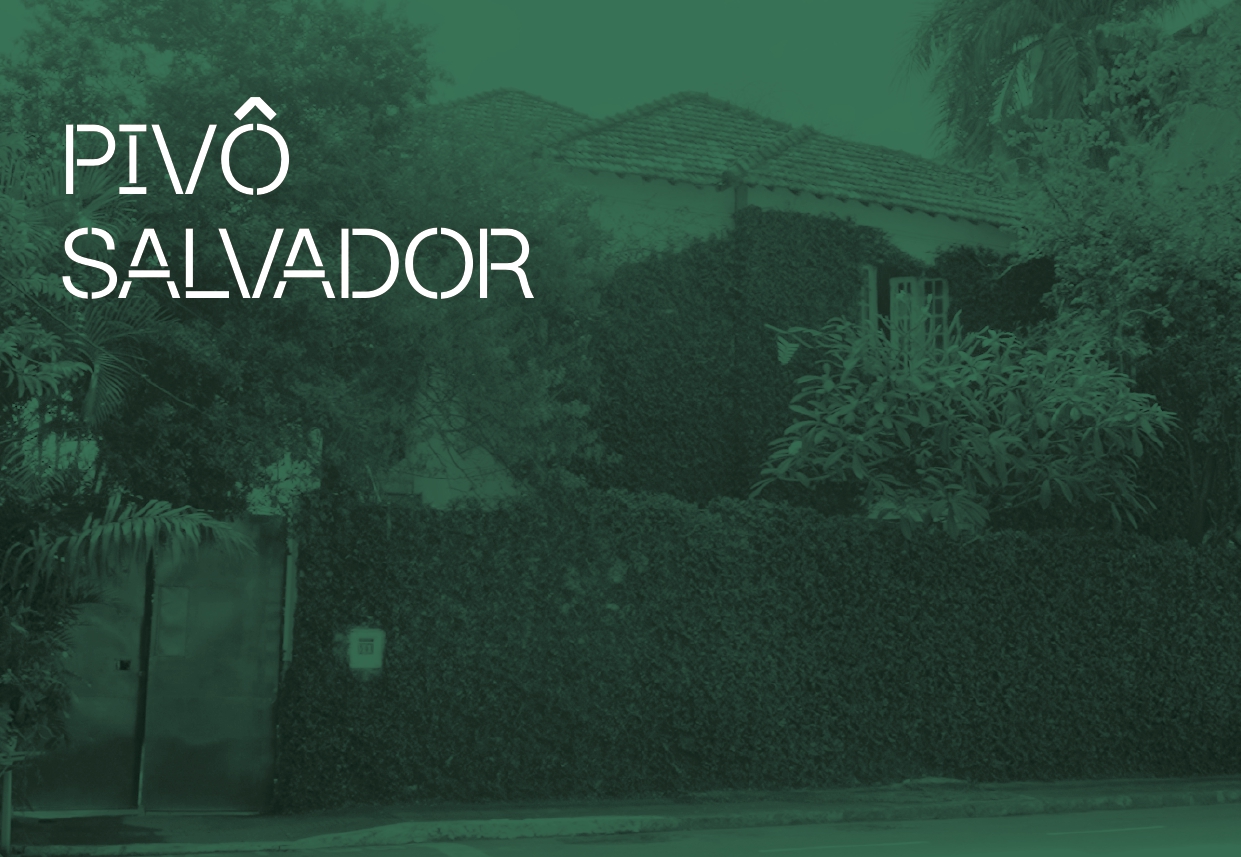
Pivô is now a decade old, and all this time, we have been pointing to and testing out desirable alternatives and new models for enabling and disclosing contemporary art production and critical thinking.
Hundreds of artists have worked inside our venue in São Paulo. These same artists and their multiple perspectives and backgrounds prevent us from becoming too comfortable inside our institutional frameworks. In other words, we are constantly rethinking our activities and verifying our mission’s reach and timeliness.
In the past few years, I’ve been more and more fond of the idea of degrowth. Many contemporary art and critical thinking projects have addressed how the growth ideology conceals the rising inequalities and ecological destructions associated with a still hegemonic but worn-out model of existence. So, why open a new venue in another city right now?
Pivô’s program has arisen out of situations and encounters since its inception, and this case is no different. Like the space in São Paulo, our new venue in Salvador is a fortunate encounter with some incredible living and nonliving beings. It is a new house for us but a significant site for many that came before, making it unique in the past ninety years. Working in neutral spaces (as if there are any) is not our talent. To open this new chapter, we are building on a vibrant cultural scene that thrives and continues blossoming despite the many adversities it has been persistently confronting. A cultural scene we were always enthusiastic about and willing to learn from and collaborate with.
Borrowing the words of Australian cultural theorist Mckenzie Wark: If we understand that we are living in ruins, then we can understand that we do not have a tradition of knowledge that we can continue as if it were whole and intact and passing through a homogenous time. Instead, we have fragments not of a past but of possible futures. This move is not an expansion but a fragmentation. It charts a path forward through shared methodologies and ideas. By acknowledging multilayered times, histories, and experiences, we plan to reactivate an already unique house and create free spaces for experimentation, art making, and fostering of counter-hegemonic movements and ideas. The format is still to be figured out as we set things in motion, but the approach is transdisciplinary. We will depart from our contemporary art background to build collaborative scientific, technical, intellectual, organizational affective, and manual labor forms to find a path through our unstable times. The question of the futures anyone might want has to be thought of in the context of the futures that might still be possible. And it seems to us that starting something different in a radically different location and context, fostering new networks of knowledge exchange and context-based artistic projects might offer a glimpse of new potential applications of the work we have been doing since Pivô opened its door. Pivô’s next decade begins in Bahia.
Fernanda Brenner
Artistic Director
About the house
Boulevard Suiço, or casa do Boulevard, located in Nazaré – Salvador, is an important historical landmark of the city. Built in 1934, it was a project by the Bahian painter Presciliano Silva and the architect Lycério Schreiner. Inspired by the painter’s experiences in France during the Belle Époque years, the house’s distinctive architecture is a subject in itself, especially the studio, which draws inspiration from Paul Cézanne’s workspace in the south of France. The artist lived in the house for 31 years with his companion, the pianist and lyric singer Alice Moniz, and their daughter, the actress Maria Moniz, who still resides there.
Cultural history
Throughout the 1930s, 1940s and 1950s, the house was the scene of several cultural meetings and events, bringing together renowned artists and intellectuals. Literary-musical soirees filled the space. The house became a reference point in the cultural scene of the time, providing an environment for the exchange of ideas and the flourishing of art.
In the 1960s, the Boulevard house gained prominence by hosting artists such as Tom Zé, Caetano Veloso, Gilberto Gil, Gal Costa, Maria Bethânia and others. The balcony of the house became an emblematic setting where these artists gathered to share music, poetry and worldviews. These meetings contributed to the emergence of Tropicália and Cinema Novo, movements that revolutionized Brazilian culture.
The history of the Boulevard house extends back to the 1980s, when the space became Atelier Bar, an underground space, a landmark in the Bahian music scene, with Blues and Jazz performances. In the 2000s, the space housed an immersive exhibition and was a movie set.
Currently, the Boulevard house continues to play a relevant role in Salvador’s cultural scene. Through exhibitions, filming and events, it maintains its relevance and leaves an indelible mark on the memory of all who know it. Casa do Boulevard is a living symbol of the city’s creativity, innovation and rich cultural history.

 Português
Português